Can ISP Track VPN? [What Does It See and How to Avoid]
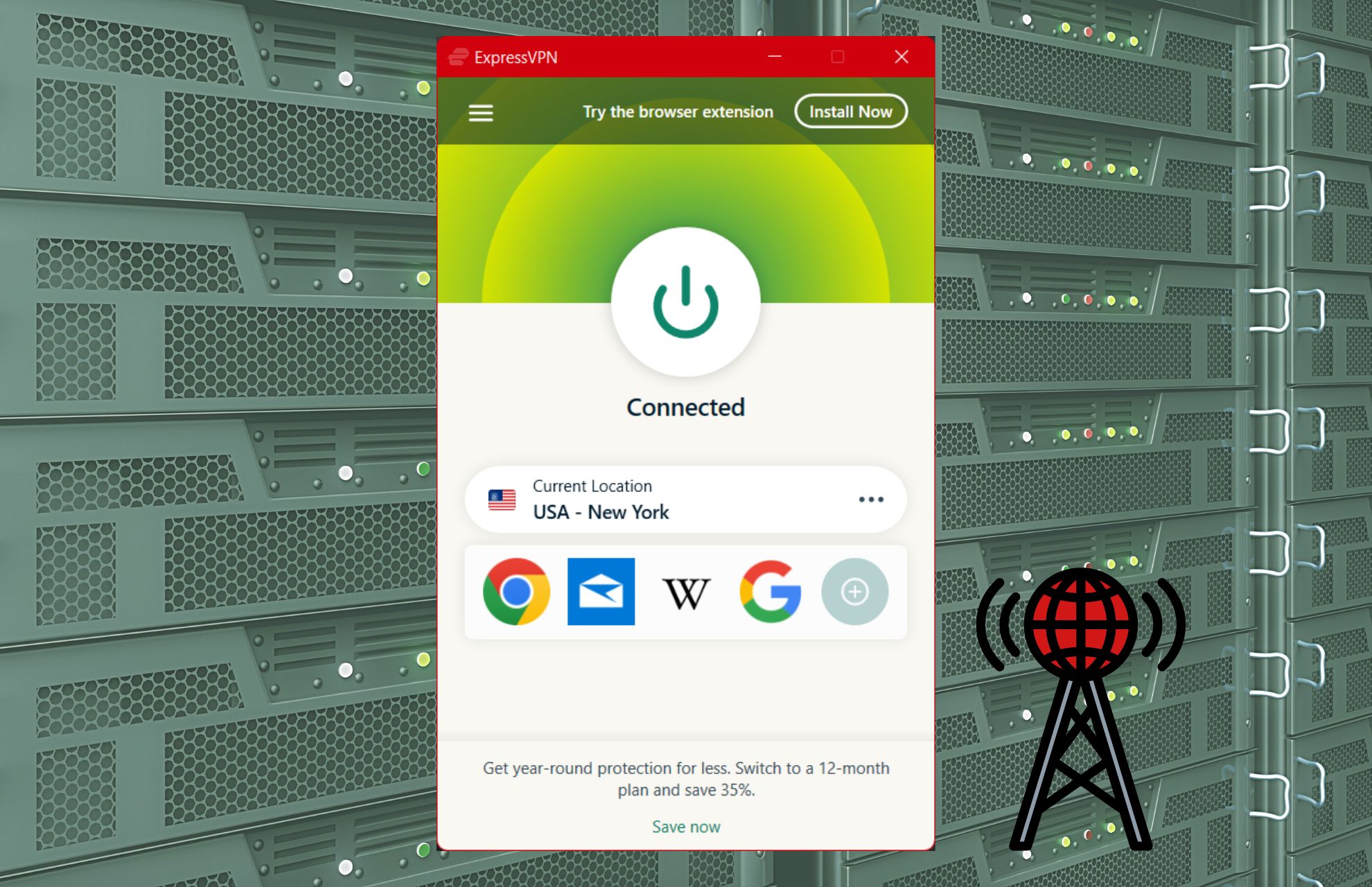
ISPs have played a huge role in being the silent enforcers of lawful online behavior. Sure, they might be guided by another hand, but they’re the ones wielding the sword.
Simply put, your ISP can see exactly what you’re doing online, at any given time. Except for personal encrypted data such as usernames, passwords, and messages you post on HTTPS websites, things are quite transparent.

Access content across the globe at the highest speed rate.
70% of our readers choose Private Internet Access
70% of our readers choose ExpressVPN

Browse the web from multiple devices with industry-standard security protocols.

Faster dedicated servers for specific actions (currently at summer discounts)
What can my ISP see when I use a VPN?
The ISP knows your browsing history and files you’ve downloaded, and if they’re determined enough to push you through a web proxy and make you use their proprietary certificate, they might be able to see the content of your traffic too.
Some might not be bothered by their ISP’s interference, and for good reason. There’s nothing to worry about if you’re a law-abiding citizen who stays on the right side of the law. Right?
That’s one of the many reasons why people started to consider shutting the door on their ISPs by using a VPN.
Related:
Can My Employer Track My Location Through VPN?
Can VPN be tracked by ISP?
Depends on what you mean by being tracked. If you’re wondering whether your ISP can figure out whether you’re using a VPN or not, then the answer is yes.
Your ISP can easily determine whether you’re accessing the Internet directly or through a VPN service. ISP can see that you’re passing encrypted data through its infrastructure, and that’s a pretty solid indicator.
If you wonder if the ISP can track data usage with a VPN, the response depends on the software you’re using.
What happens while browsing?
While browsing, you send requests to a destination, whether it’s a website, a game, or an online service we’re talking about. If you’re using a VPN, the client encrypts your requests and pushes them forward through the tunnel.
The VPN server receives your encrypted data, decrypts it, and forwards it to the destination. The host then generates a response and sends it back to the VPN server.
Here, the data is encrypted once more, gets pushed through the tunnel, reaches the VPN client which decrypts it, and hands it to you.
The best part of this is that some strong encrypted VPNs can’t be traced so you can be completely anonymous.
Thus, the only two points throughout the entire connection where your traffic is not encrypted are your PC and the destination website.
How to browse without being tracked by ISP?
The most efficient way to navigate fully anonymous is by using a VPN that masks Internet traffic from your ISP.
They take all of your private Internet traffic and route it through their own network of private servers.
On top of that, VPNs encrypt your traffic. Thus, your ISP can no longer see your actual web traffic, but an amorphous blob of data. Let’s make things clear by going into a bit more detail.
❌ If you’re not using a VPN, your connection looks something like this:
Your PC – your ISP – destination website/service
✔While you’re using a VPN, however, things change dramatically:
Your PC – VPN client – encrypted tunnel – VPN server – destination website/service
It’s a bit inaccurate because your ISP is still a very important part of your connection, but try to picture it somewhere above the encrypted tunnel. Actually, the tunnel goes straight through your ISP’s infrastructure.
Note that, although your ISP can’t see your data anymore, your VPN provider can. However, trustworthy VPN providers have a zero-logging policy, so they won’t monitor or share your data with anyone, even if the need arises.
Best VPN to hide from ISP
We agreed that Kape Technologies’ ExpressVPN is among one the best VPN services that offer you unmatched privacy protection and high connection speeds.
It passed all of our tests with flying colors and didn’t leak any of our data during usage. You can use this VPN to browse the Internet privately, unblock geo-restricted content, limit packet loss, and also improve in-game ping.
- Download and install ExpressVPN for your device.
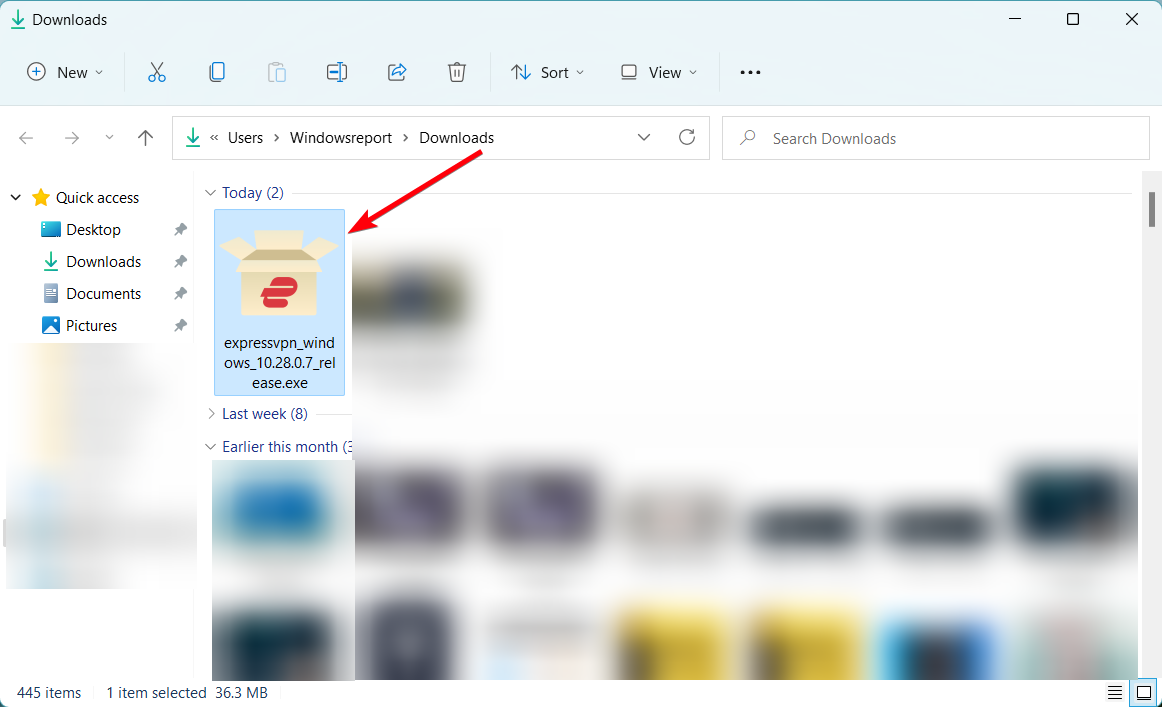
- Launch it and sign in to your account.
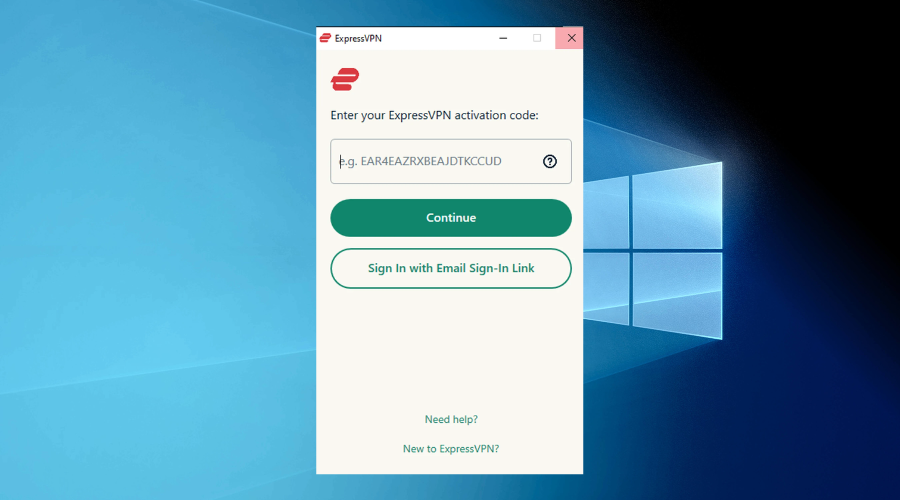
- Connect to a server of your choice.
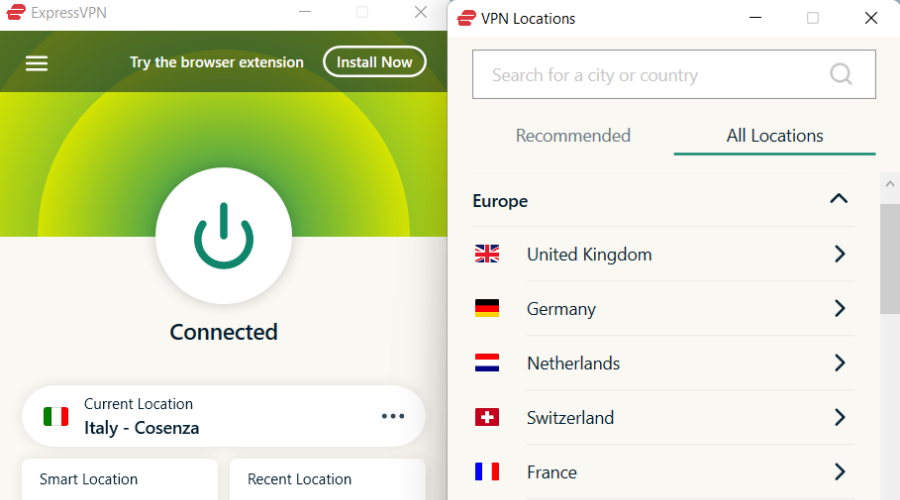
- Enjoy browsing the Internet privately.

ExpressVPN
Unblock any content limitations from your device using this leading VPN software.Read more:
Can ISP block a VPN?
Yes, in theory, an ISP is capable of restricting access to a VPN. But that’s a laborious process that can be easily bypassed. You see, an ISP needs to manually block all IP addresses of said VPN in order to restrict it entirely.
That, or disabling communication ports that you use to connect to the service. However, you can circumvent both of these situations easily by either switching the VPN server or picking another port.
You can also pick a service that offers obfuscated servers, which pass encrypted VPN traffic as regular traffic. That way, your ISP might not even be able to figure out you’re using a VPN.
Your ISP sees your VPN, but can’t track your VPN data traffic
To sum things up, if you’re still wondering whether your ISP can track your VPN or not, the answer is a hard no. Your ISP might be able to figure out that you’re using a VPN, but not tracking your data.
That’s why your internet may no longer work on a VPN. Your ISP detects and blocks it. Using a reliable VPN and proper security features will however prevent this from happening, regardless if you use Telstra, BT Internet, or anything else.
All of your traffic will be encrypted and inside a secure tunnel, away from prying eyes.
If you are traveling and using free internet you may want to secure that tunnel by using VPNs for internet cafes to make sure your browsing stays private.
However, you should exercise caution when going online, even if you’re using a VPN. Using a VPN will encrypt your traffic, but it won’t hide your identity if you’re going to post revealing information online, all by yourself.
Read our disclosure page to find out how can you help VPNCentral sustain the editorial team Read more


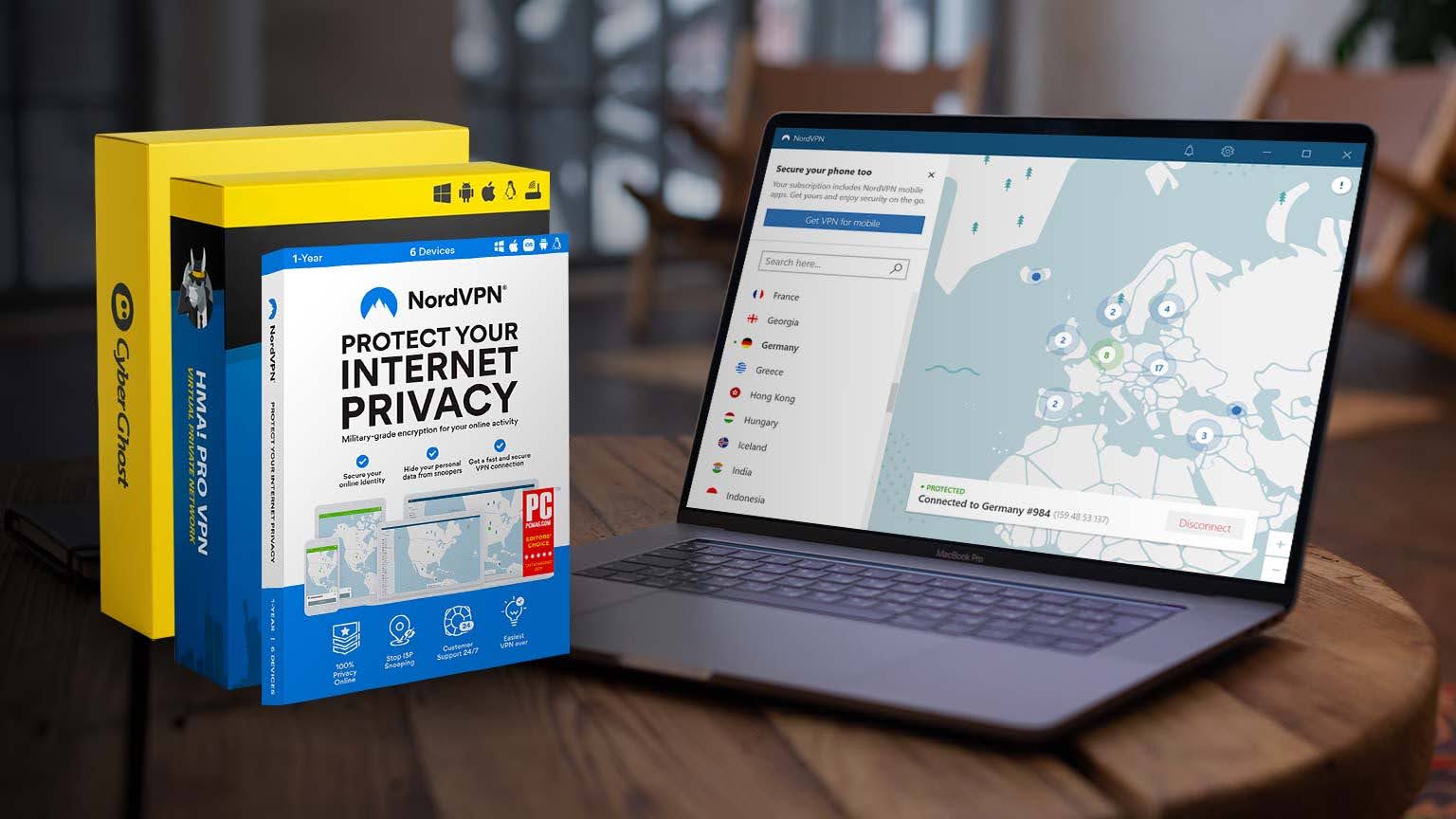
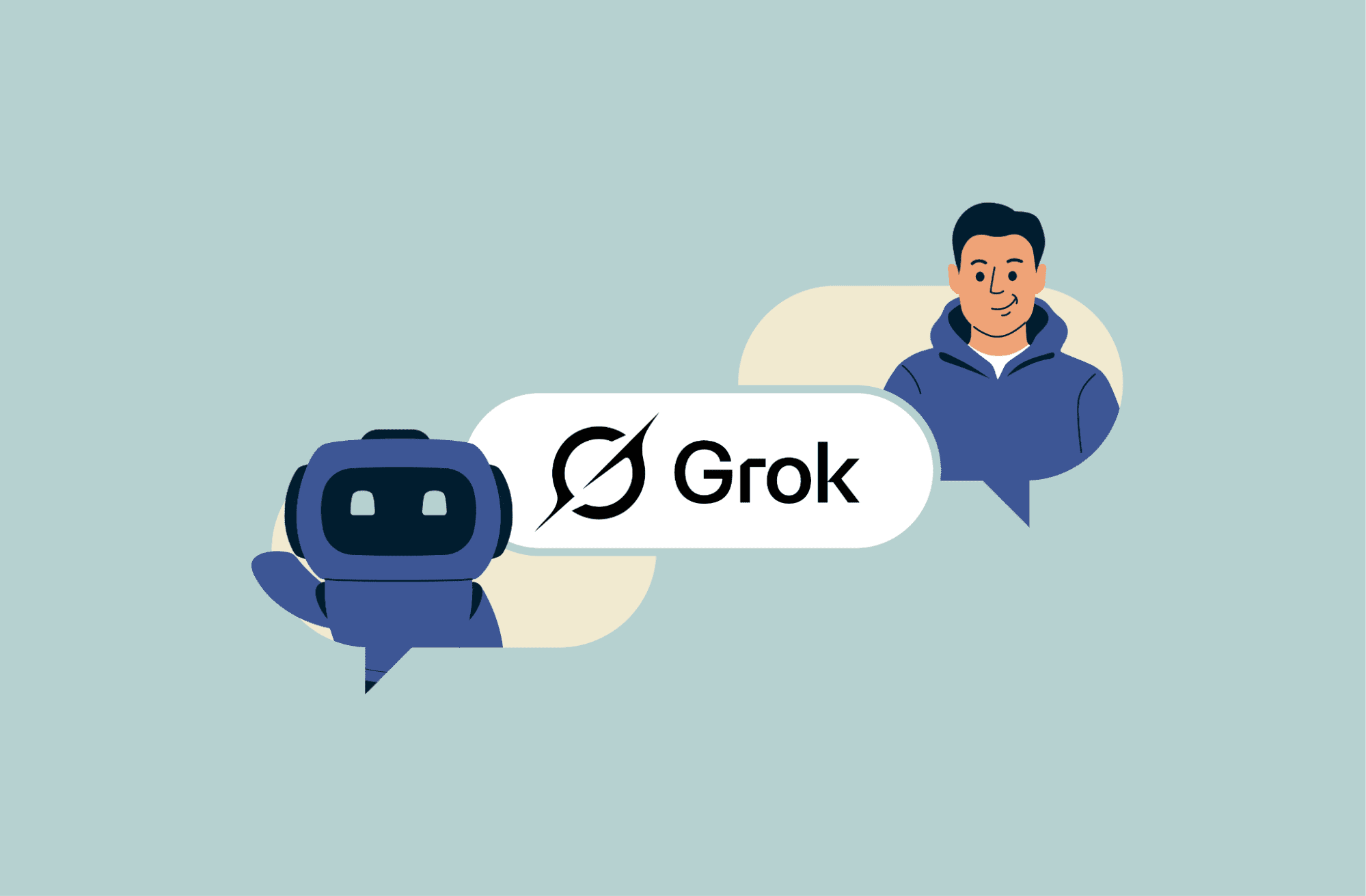
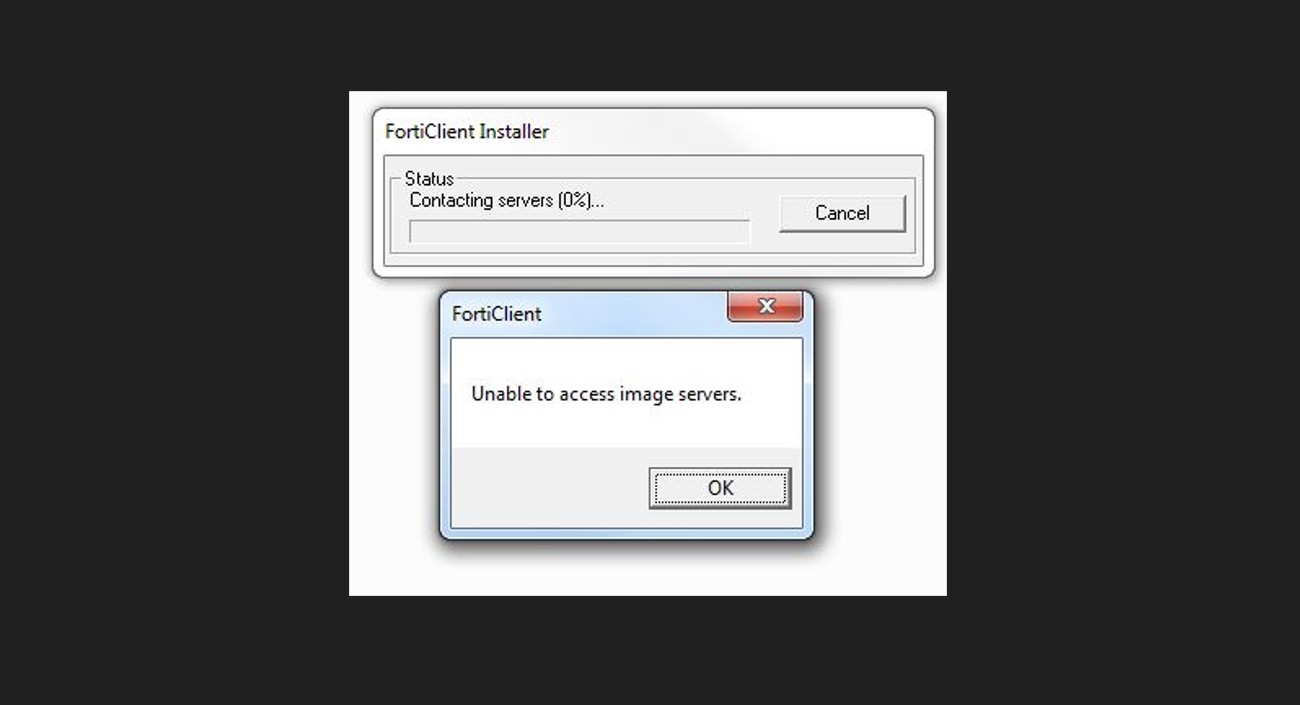
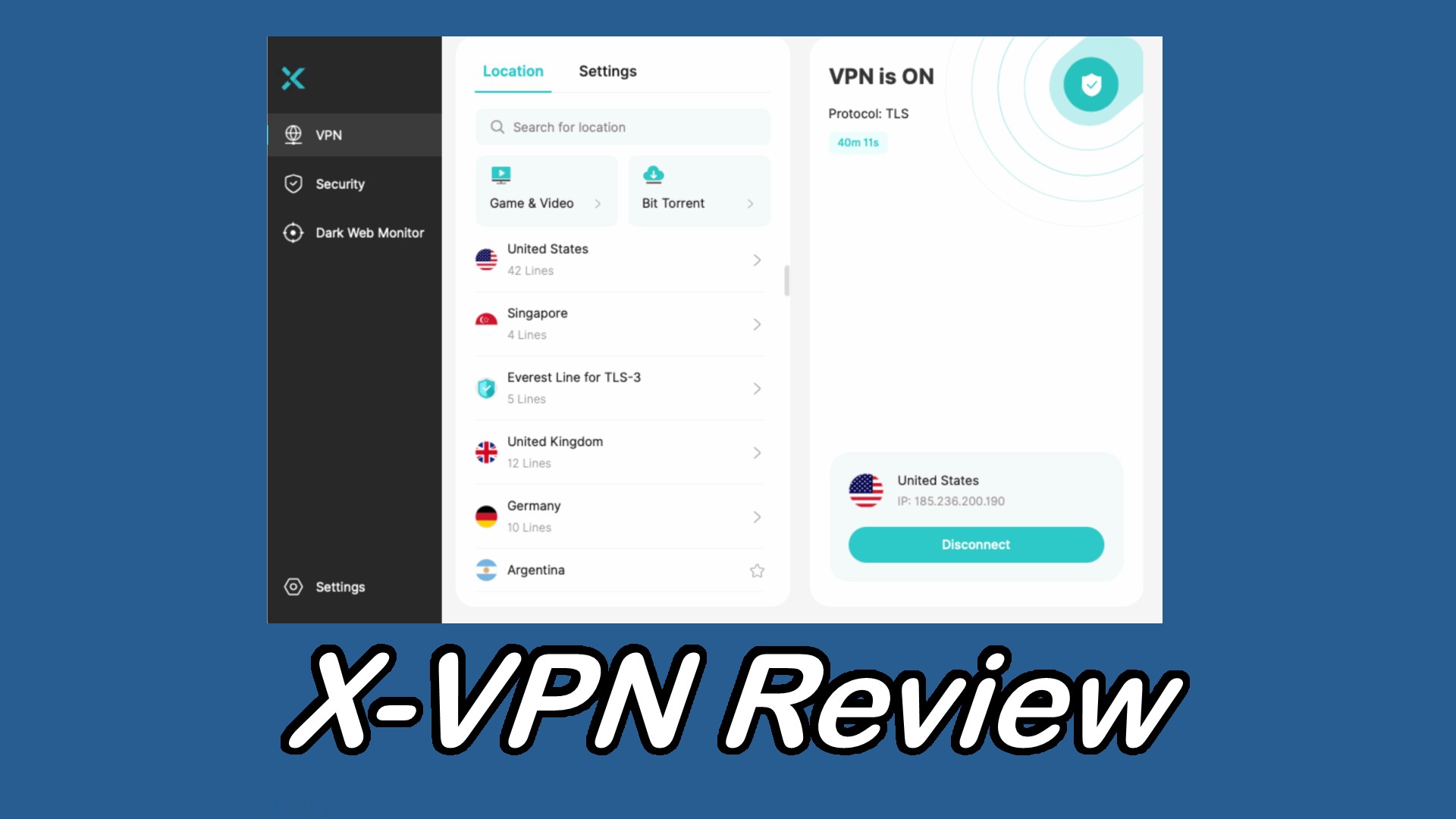
User forum
0 messages